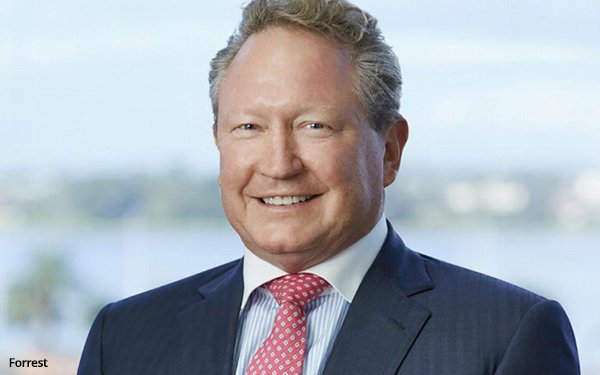
Australian billionaire Andrew Forrest can proceed with a
lawsuit against Meta Platforms over fraudulent cryptocurrency ads that used his name and image, a federal judge ruled on Monday.
The ruling, issued by U.S. District Court Judge P. Casey Pitts
in the Northern District of California, stemmed from a lawsuit brought by Forrest over the scam ads in 2021.
Forrest, former CEO of the mining company Fortescue Metals Group, alleged in court
papers that he “has been plagued for years by paid ads and sponsored content produced by Meta Ads and run on Meta’s Australian social media platforms, in which he falsely appears to be
promoting fake cryptocurrency and other fraudulent financial schemes.”
His complaint included claims that Meta misappropriated his image, and that the company was negligent in reviewing
ads on its platform.
advertisement
advertisement
Meta sought an early dismissal of the matter, arguing that it was immunized by Section 230 of the Communications Decency Act. That law broadly protects web companies from
lawsuits over material created by third parties -- including by outside advertisers. But that law also has some exceptions, including one that applies when web companies develop illegal content.
Forrest's lawyers urged Pitts to reject Meta's request for several reasons, including that Meta allegedly helped develop the fake ads.
Counsel pointed to allegations in the complaint that
Meta's ad software “drives and ultimately determines what the completed, paid-for ads will look like, and who will see them.”
Pitts essentially ruled that those claims warranted
further proceedings, writing that the allegations “present a factual dispute regarding whether Meta's ad systems were neutral tools that anyone could use (or misuse) or whether the tools
themselves contributed to the content of the ads, including to the aspects of the content that are allegedly illegal.”
The ruling comes the same month that the 9th Circuit Court of
Appeals revived a separate lawsuit against Meta over scam ads. In that matter, a panel of the
9th Circuit allowed two Facebook users to proceed with claims that the company violated its terms of service by allegedly failing to police Facebook ads placed by fraudsters.